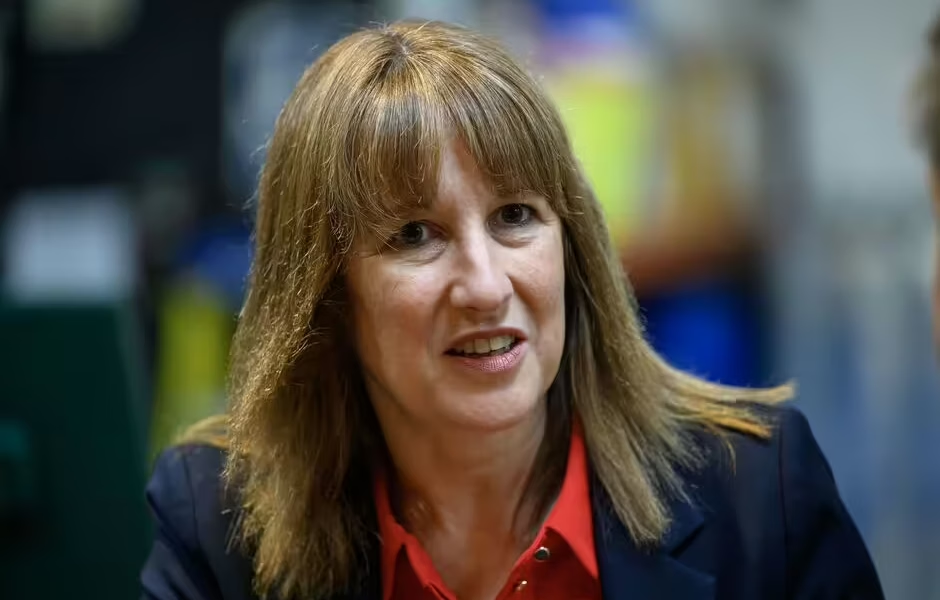
Chancellor Rachel Reeves put up National Insurance for employers including councils (Image: Getty)
Huge increases in council tax bills will be needed for years to come because of an £8 billion “black hole” caused partly by Chancellor Rachel Reeves’s National Insurance increase. Her tax hike has pushed up costs for authorities at the same time as they face a massive increase in demand for social care.
Attention has focused on the impact on businesses of the Chancellor’s decision to push up employer National Insurance contributions, with thousands of jobs lost in the hospitality sector. But the tax rise also increased costs for public sector bodies including councils, and the organisations they buy services from.
Our community members are treated to special offers, promotions, and adverts from us and our partners. You can check out at any time. Read our Privacy Policy
Local authority spending on adult social care climbed from £27.1bn in 2019 to £32bn last year, according to the King’s Fund.
Earlier this year it emerged elderly people requiring social care are already suffering long delays with 418,029 on waiting lists.
The Treasury is providing £500m to help councils cope with the higher costs but authorities warn this is not enough and the County Councils Network saus they face a £54bn black hole in their budgets by 2030.
There is growing concern that employers including local councils could be hit again by tax rises in the Chancellor’s next Budget, on November 26.
The Local Government Association (LGA) has urged the Government to consider “alternative and additional forms of council funding” which could include giving authorities more control over money collected from road pricing or taxes on workplace parking.
It said increases to employer national insurance contributions and thresholds would cost councils £1.1 billion while the Treasury has only provided £515 million in compensation.
A letter said authorities face a funding shortfall which will rise to £8.4 billion by the 2028-29 financial year.
They said: “We cannot shy away from the fact that councils are under severe financial strain.”
Councils face “an ever-growing reliance on council tax” as they attempt to make ends meet and will be forced to increase charges to the highest level allowed, the LGA warned.
The LGA urged the Government to “fully localise sales, fees and charges, including road user charges and workplace parking levies.” Councils can currently keep any profits from road pricing but usually have to spend the money on transport improvements rather than putting the cash into general budgets.
But the alternative would be more cuts in services which are already struggling, said the LGA. Highlighting a funding shortfall in adult social care, the councillors said: “The consequences of these and other pressures are significant.
“They include growing strain on unpaid carers, inadequate investment in prevention, recruitment and retention challenges in the workforce, providers ceasing trading or handing back council contracts, and over 418,000 people waiting for a care needs assessment, the commencement of their care package or direct payment, or a review of their care plan.”




